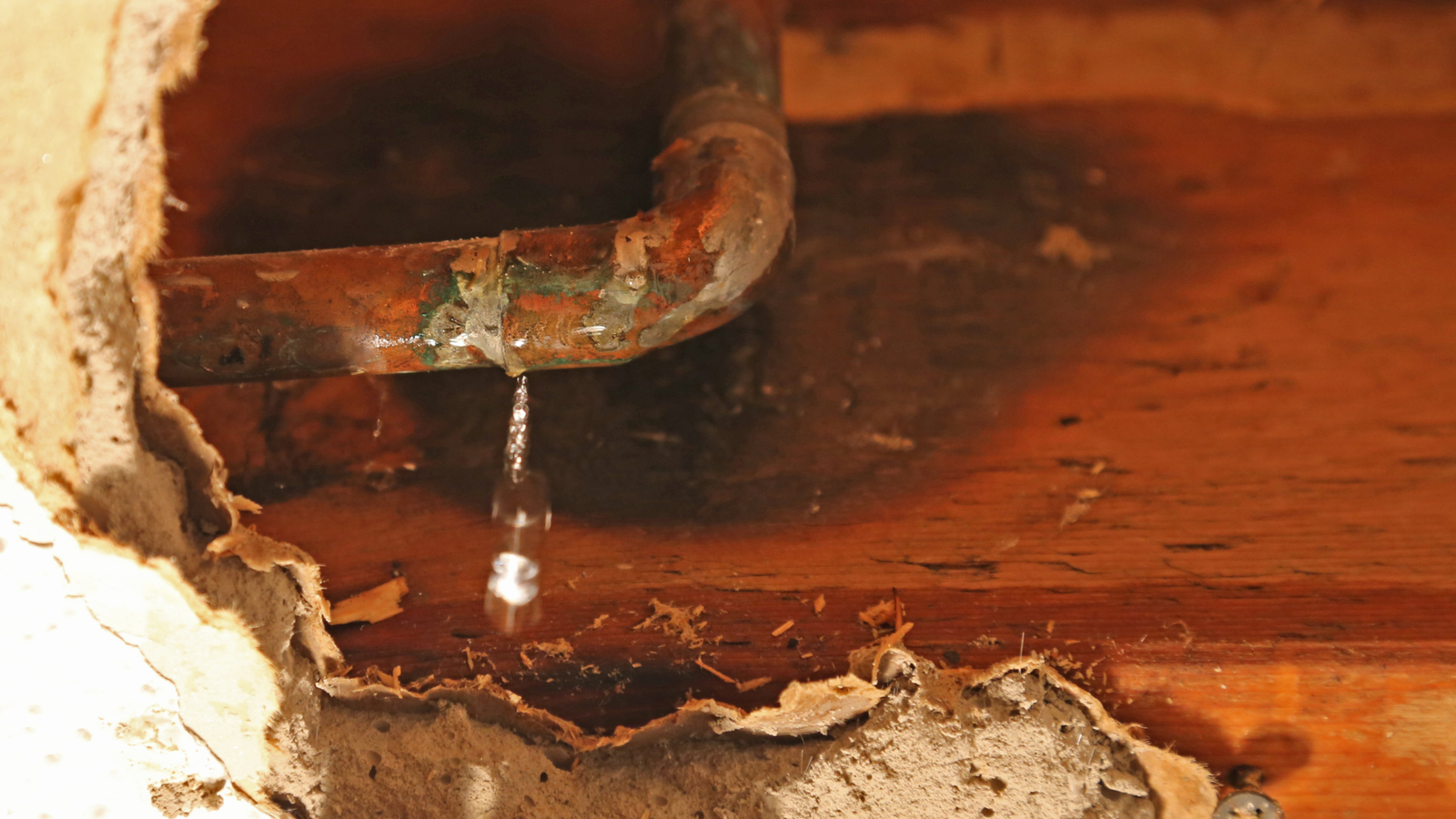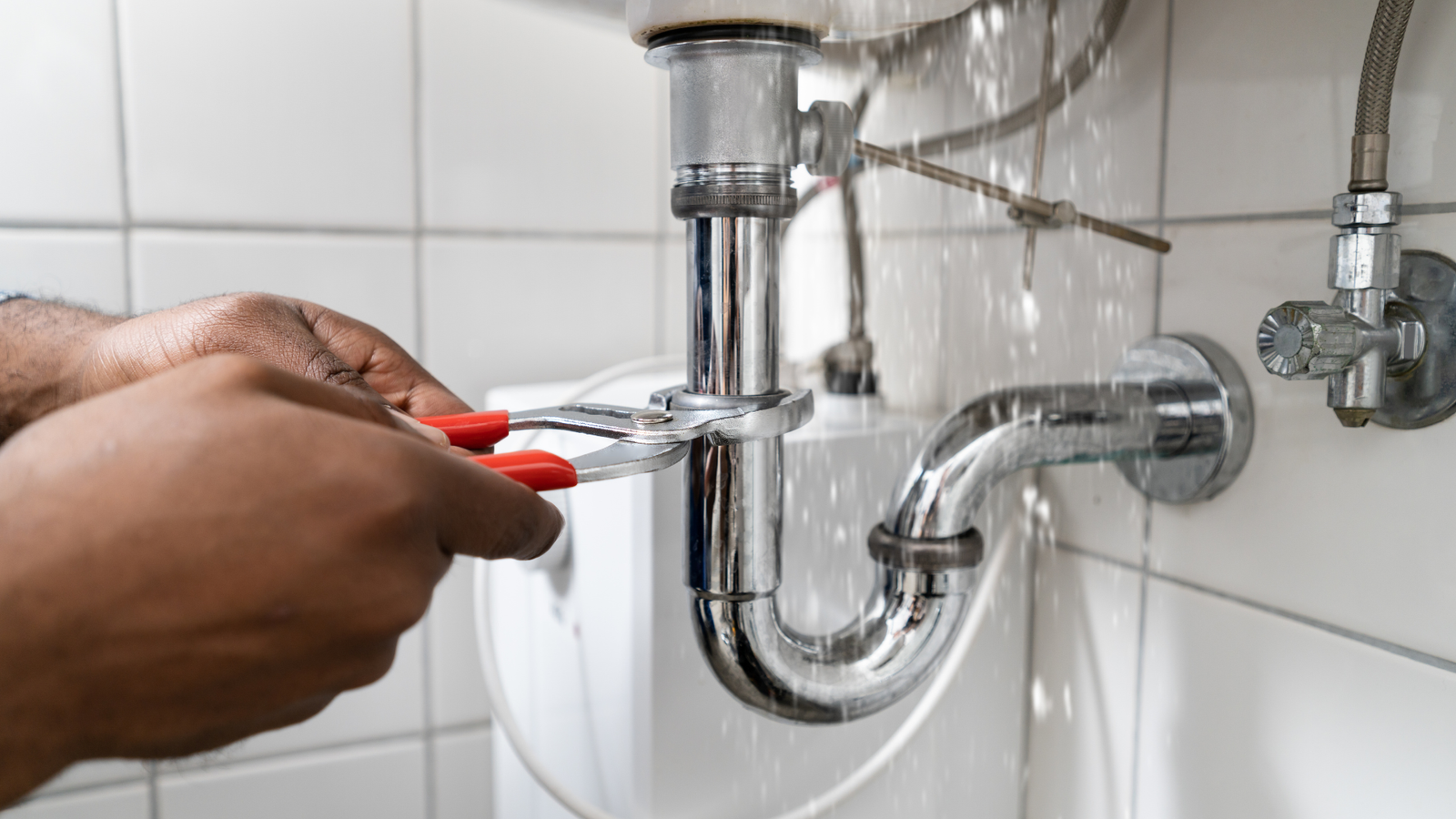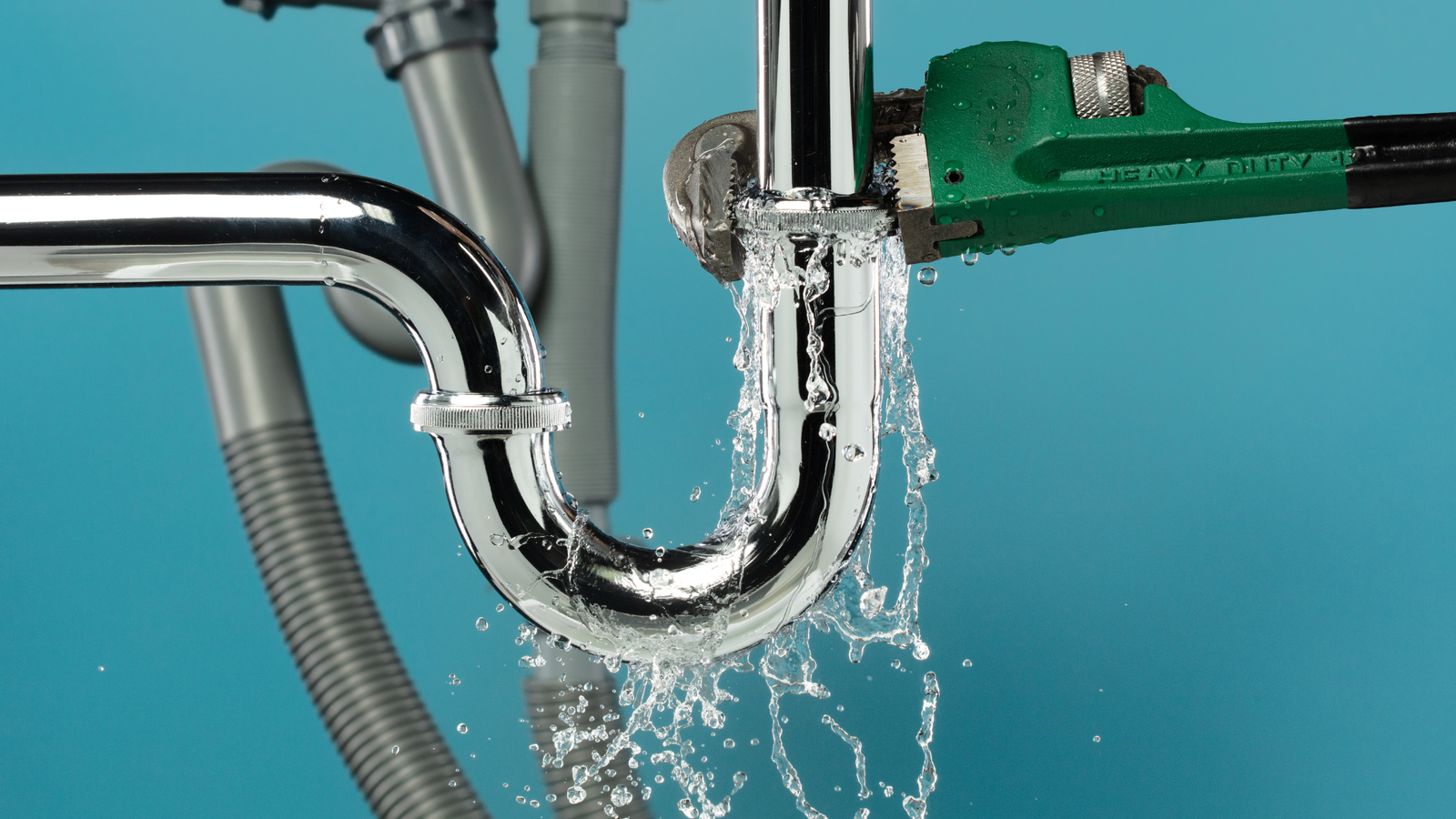A slab leak is one of those plumbing issues that often goes unnoticed until significant damage has occurred. Hidden beneath your home’s concrete foundation, these leaks can quietly wreak havoc on both your water system and your property. Understanding what a slab leak is, how to identify it, and why prompt action matters can save you from costly repairs and potential foundation problems.
What Exactly Is a Slab Leak?
A slab leak occurs when the water lines running underneath a home’s concrete foundation develop cracks, breaks, or corrosion. Because these pipes are buried under concrete, leaks are not always obvious. Both hot and cold water lines can be affected, but hot water lines are especially vulnerable. The combination of high water pressure and heat causes these pipes to expand and contract, which can lead to early wear and tear.
How Slab Leaks Form
Several factors can contribute to slab leaks:
- Corrosion – Over time, pipes can deteriorate due to chemical reactions with water or soil.
- Shifting foundations – Minor ground movement can put pressure on buried pipes, causing cracks.
- High water pressure – Excessive pressure strains pipes, increasing the likelihood of leaks.
- Poor installation – Pipes that were improperly installed may be prone to early failure.
Understanding these causes can help homeowners recognize potential risks before they escalate.
Signs You Might Have a Slab Leak
Since slab leaks are hidden, the signs are often subtle. Early detection is critical to prevent damage to your home’s foundation and plumbing system. Watch out for:
- Unexplained spikes in your water bill – A sudden increase often indicates a hidden leak.
- Warm spots on your floor – Leaking hot water lines can heat certain areas of your concrete floor.
- Mold or mildew growth – Moisture trapped under the slab can cause musty odors and visible mold.
- Cracks in flooring or walls – Persistent leaks can weaken the concrete foundation, leading to visible cracks.
- Low water pressure – A sudden drop in water pressure may signal a pipe breach underground.
If you notice any of these signs, it’s crucial to address the issue promptly. Contact a professional plumber today for an inspection.
Why Hot Water Lines Are More Vulnerable
While both hot and cold water lines can leak, hot water pipes are at higher risk. Here’s why:
- Thermal expansion – Hot water causes pipes to expand and contract, creating stress over time.
- Higher pressure – Hot water systems often operate at higher pressures than cold water lines.
- Faster corrosion – Heat can accelerate the breakdown of certain pipe materials, particularly copper or older metal pipes.
Understanding this vulnerability can help you monitor specific areas of your plumbing system for early signs of failure.
Potential Consequences of Ignoring a Slab Leak
Ignoring a slab leak can have serious consequences. The hidden nature of these leaks allows them to cause damage over time without immediate detection. Some potential issues include:
- Foundation damage – Water seeping under your home can weaken the concrete slab, leading to cracks or even structural instability.
- Mold and mildew – Persistent moisture creates the perfect environment for mold growth, which can affect indoor air quality.
- High water bills – Even a small leak can waste hundreds of gallons of water over time.
- Damage to flooring and walls – Moisture can cause warped hardwood floors, stained carpets, and damaged drywall.
Learn more about the importance of protecting your foundation from slab leaks in our dedicated guide: Slab Leak Repair in San Diego: Protecting Your Home’s Foundation.
How Slab Leaks Are Detected
Because slab leaks are hidden, traditional plumbing inspections aren’t always enough. Specialized detection methods include:
- Electronic leak detection – Uses sensors to identify water movement beneath the slab.
- Acoustic listening devices – Picks up the sound of water escaping from pipes.
- Infrared cameras – Detects temperature changes caused by leaking hot water lines.
- Pressure testing – Measures drops in pressure that indicate a leak somewhere in the system.
These methods allow plumbers to pinpoint the leak without breaking up large sections of concrete unnecessarily.
Steps to Take If You Suspect a Slab Leak
If you suspect a slab leak in your home, prompt action is essential. Here’s a practical step-by-step approach:
- Turn off the main water supply – Prevent further damage by stopping the flow of water.
- Check for visible signs – Inspect for water stains, warm spots, or mold growth.
- Monitor your water meter – Confirm ongoing leaks by noting changes in water usage.
- Contact a plumber – Professional inspection and detection are crucial. Reach out to us here.
- Plan for repair – Once identified, the plumber will outline the best repair method.
For a deeper dive into why timely slab leak repair matters, check out our guide: Why Prompt Slab Leak Repair Is Crucial for Your Home.
Common Slab Leak Repair Methods
Slab leak repairs can vary depending on the severity and location of the leak. Common methods include:
- Pipe rerouting – Installing new pipes above the slab to bypass the damaged section.
- Spot repair – Digging at the leak site to repair the affected pipe directly.
- Epoxy pipe lining – Using an internal pipe coating to seal small leaks without major excavation.
Choosing the right repair method depends on the age of the pipes, the type of leak, and the layout of your plumbing system.
Preventing Future Slab Leaks
While some factors are beyond your control, there are steps homeowners can take to reduce the risk of slab leaks:
- Monitor water pressure – Install a pressure regulator to maintain safe levels.
- Inspect pipes regularly – Periodically check accessible areas for corrosion or wear.
- Address small leaks immediately – Even minor drips can develop into serious slab leaks over time.
- Maintain foundation stability – Prevent soil erosion and shifting that could impact underground pipes.
Proactive maintenance can help extend the lifespan of your plumbing system and protect your home’s foundation.
Conclusion
A slab leak is a hidden threat that can quietly compromise your home’s foundation and plumbing system. By recognizing the signs, understanding the causes, and taking prompt action, homeowners can prevent costly damage and maintain a safe, efficient water system.
If you suspect a slab leak, don’t wait. Early detection and repair are critical to preserving both your home’s structural integrity and your peace of mind. Contact a professional plumber today to inspect and address the issue before it escalates.
This post is designed to be SEO-friendly with:
- Clear headings for readability and keyword optimization.
- Bullet points for easy scanning.
- Internal links to relevant pages on slab leaks and repair services.
- Conversational but professional tone for user engagement.





